As we approach Labor Day on Sept. 2, I give thanks for the industry and creativity of the American people who from our nation’s earliest days have produced a prosperous and dynamic economy that has improved the quality of life for millions. Immigrants still are drawn to our land because they seek a place where their talents and hard work can be rewarded in a better life for themselves and their families.
Yet today, I feel compelled to write about the growing disparity in the income of U.S. workers.
The current economy is not creating enough jobs that allow workers to provide for themselves and their families. More than 4 million people have been jobless for more than six months, and for every available job, there are as many as five unemployed and underemployed people actively vying for it. As a result, wages are pushed down – half the jobs in the country pay less than $27,000 annually – and poverty is pushed up. More than 46 million people live in poverty, 16 million of them children.
In the words of Pope Francis, “Work is fundamental to the dignity of a person … it gives us the ability to maintain oneself, one’s family, to contribute to the growth of one’s own nation.”
I believe jobs, wages and poverty are interrelated and that there is a real need to reduce the widening gap between rich and poor by creating jobs that provide living wages.
Individuals, churches, community organizations, businesses and our governments all have a shared responsibility in promoting the dignity of work and honoring workers and their rights. Ethical business leaders know it’s wrong to chase profits and success at the expense of workers’ dignity. They have a vocation to be in solidarity with workers and the “least among us” and to remember that the economy is “for the people.”
In addition, we must also ensure a strong safety net for jobless workers and their families and those who are incapable of working.
A commitment to the dignity of work and of the human person informs the church’s solicitude toward immigrants and refugees. In solidarity with them, Catholics should work to end the political, social and economic conditions that drive people from their homelands and families.
Political ideology, whether from the left or right, cannot do the hard work of creating a more prosperous and fairer economy. But men and women of good will who chose to put aside their differences for the sake of the common good can.
The current economic imbalances do not have to be inevitable. We do not believe in a zero sum economy in which workers must struggle against owners for a piece of a fixed pie. Human creativity, the ability to use our heads to imagine a better world, is at the heart of our capitalist economy. This can coincide with a concern that all have a just share in the wealth we create together.
The Diocese of St. Augustine encompasses 17 counties of North Florida. It serves about 182,000 registered Catholics and provides outreach services to members of the community through more than 50 ministries and agencies.
